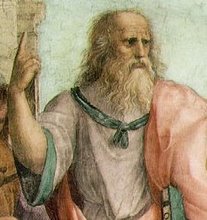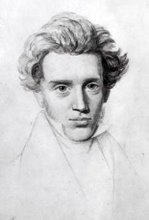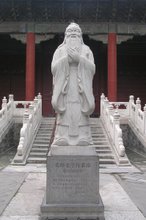Primary Base of Operations: Greek city of Miletos, on the coast of Asia Minor (modern day Turkey)
Schools of Thought: Milesian School, Ionians, Naturalism
Other Occupations: Mathematician, Astronomer, Cartographer
Teacher: Thales
Schools of Thought: Milesian School, Ionians, Naturalism
Other Occupations: Mathematician, Astronomer, Cartographer
Teacher: Thales
- understood the beginning or first principle to be an endless, unlimited primordial mass (apeiron), subject to neither old age nor decay, that perpetually yielded fresh materials from which everything we perceive is derived.
- postulated the apeiron as a substance that, although not directly perceptible to us, could explain the opposites he saw around him.
- according to him, the Universe originates in the separation of opposites in the primordial matter. It embraces the opposites of hot and cold, wet and dry, and directs the movement of things; an entire host of shapes and differences then grow that are found in "all the worlds" (for he believed there were many).
- taking into account the existence of fossils, he claimed that animals sprang out of the sea long ago. The first animals were born trapped in a spiny bark, but as they got older, the bark would dry up and break. As the early humidity evaporated, dry land emerged and, in time, humankind had to adapt.
- according to him, the Universe originates in the separation of opposites in the primordial matter. It embraces the opposites of hot and cold, wet and dry, and directs the movement of things; an entire host of shapes and differences then grow that are found in "all the worlds" (for he believed there were many).
- taking into account the existence of fossils, he claimed that animals sprang out of the sea long ago. The first animals were born trapped in a spiny bark, but as they got older, the bark would dry up and break. As the early humidity evaporated, dry land emerged and, in time, humankind had to adapt.





No comments:
Post a Comment